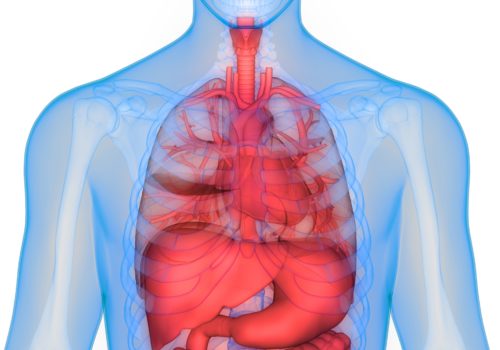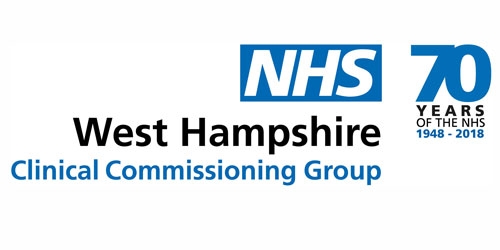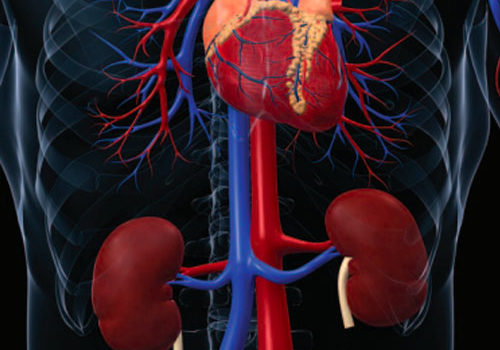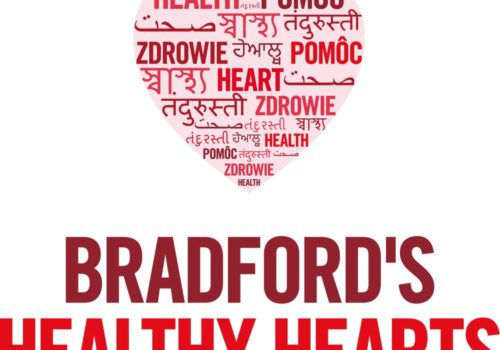Heart failure (HF) is a devastating clinical syndrome characterised by a constellation of symptoms and signs in the presence of reduced cardiac function. Comorbidity is almost inherent as HF is often the culmination of chronic disease processes such as ischaemic heart disease, hypertension and valve disease and its treatment may precipitate comorbidities such as gout, erectile dysfunction (ED) and acute kidney injury (AKI).
Barriers to cardiovascular health in cardiac nurses
Cardiovascular disease (CVD) is the leading cause of death in Ireland and diminishes quality of life and places a burden on health care services. There is little known about CVD with regard to nurses’ health in Ireland. The overall aim of this study was to assess the lifestyle of cardiac nurses working in an acute setting for the first time in Ireland. These findings may have implications for primary care nurses.
Case study: Optimising detection and stroke prevention in patients with atrial fibrillation
In 2015 West Hampshire CCG (WHCCG) recognised that there was a significant burden of undiagnosed atrial fibrillation (AF), which was resulting in an excess of preventable strokes. This could be improved by the prescription of anticoagulation in those at increased risk.
NHS Right Care: Improvement at scale and pace
NHS RightCare is a national NHS England-supported programme helping to ensure that the best possible care is delivered as efficiently as possible, and that this care is right for patients and will help ensure a sustainable NHS, now and for the future.
Cholesterol and cardiovascular risk
Raised blood cholesterol is a major risk factor in developing coronary heart disease and other cardiovascular diseases. Effective and well-tolerated lipid-lowering treatment improves outcomes for patients with elevated cholesterol, especially those with familial hypercholesterolaemia.
Chronic kidney disease and cardiovascular risk
This article seeks to demonstrate the close relationship between cardiovascular disease and chronic kidney disease (CKD). It also highlights the importance of identifying people with CKD as a means of recognising people at high risk of both cardiovascular events and unplanned admissions.
Hypertension: Case finding in primary care
Hypertension is the most important single risk factor for cardiovascular disease (CVD). It affects over 25% of adults in England, but more than 5.5 million people remain undiagnosed. Although the number of adults with untreated hypertension has fallen, England’s performance still lags behind achievements in countries such as Canada and the USA, and there is scope for improvement.
The rule of halves no longer applies, but let’s not get complacent
The first Health Survey England (HSE) in 1994 revealed a ‘rule of halves’ since only half of people with hypertension were diagnosed, of which half were treated and of those, only half were controlled. Have matters improved over the more than 20 years since the first HSE survey?
AF and stroke prevention: Case finding in primary care
Atrial fibrillation (AF) is the commonest sustained cardiac dysrhythmia, but is asymptomatic in about one quarter of patients. Case finding with subsequent assessment of the risk of stroke and bleeding are essential to ensure that the right patients receive appropriate intervention with oral anticoagulation.
Stroke prevention in atrial fibrillation
The prevalence of atrial fibrillation (AF), together with the condition’s associated stroke and systemic thromboembolic risk, is increasing significantly. Fortunately, there are clear, evidence-based clinical guidelines and risk stratification tools, to ensure that patients can make informed choices about optimising their treatment and care.
Bradford’s Healthy Hearts: Live longer, better
In the first 15 months of its operation, Bradford’s Healthy Hearts campaign has significantly improved the cardiovascular health of local people, and saved an estimated £1.2 m for the clinical commissioning group.
CVD prevention: It all starts with lifestyle
Approaches to the prevention of cardiovascular disease should be tailored to each individual. But almost everyone will benefit from lifestyle interventions that have been shown to reduce cardiovascular risk.
































